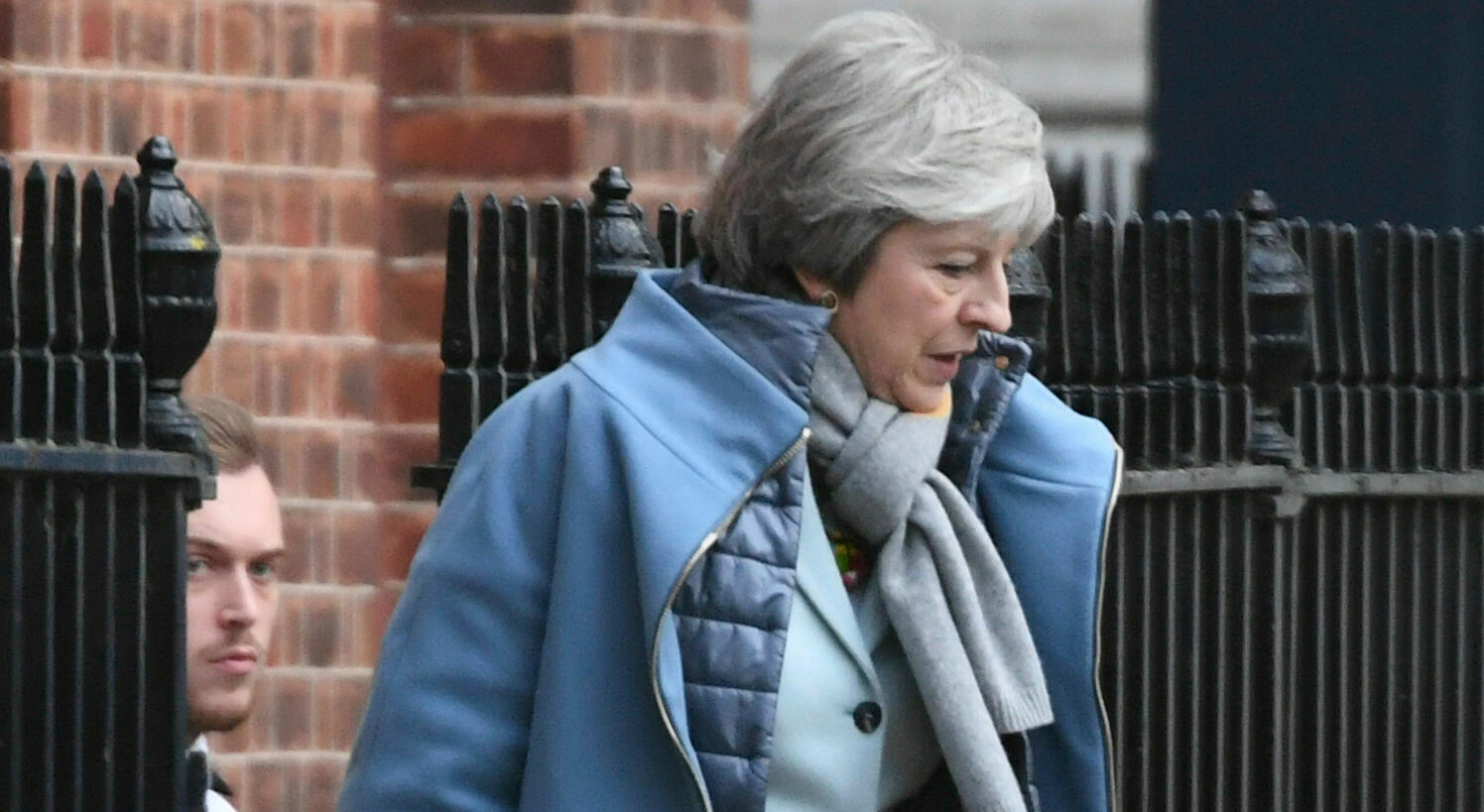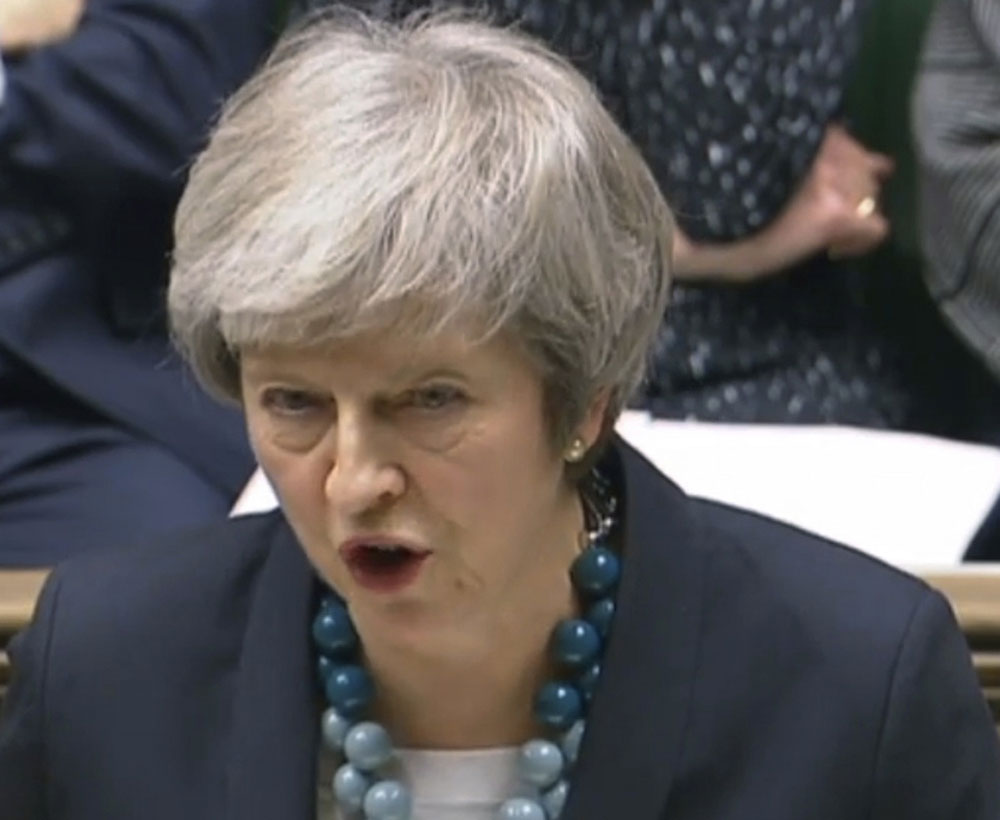After Theresa May’s Brexit deal — the fruit of extensive, painful negotiations — was rejected by a comprehensive margin of 230 votes in Parliament, the prime minister went on to win the no-confidence motion brought against her by the leader of the Labour party. The outcome was not unexpected. Eurosceptics within Ms May’s Conservative Party as well as the Democratic Unionist Party of Northern Ireland had pledged to bail Ms May out of the crisis. But this could well turn out to be a pyrrhic victory. The path before Ms May, her party and her country seems to be riddled with potholes. There is, first of all, a palpable confusion within the ranks of the Conservative Party on Brexit. The March 2019 deadline, the date set for the UK to leave the European Union, could be extended. Several orthodox members — their opponents say they have their heads buried in sand — are willing to risk an exit without a deal with Brussels, even though such a decision would lead to economic and social ruptures of an unprecedented scale. Myopic, sectarian politics is, evidently, not limited to India. The cradle of parliamentary democracy seems equally vulnerable to the vice. The prevailing uncertainty has strengthened demands of a second referendum, a proposition that is unpalatable to Ms May. Is that because even the first exercise was an act of political chicanery? The prime minister must also confront the Irish conundrum. Unlike the United Kingdom, the Republic of Ireland has chosen not to sever its ties with the EU. The fate of the ‘open border’, which has been instrumental in sustaining the peace in Ireland, now hangs in balance. There is speculation that some kind of border control could be implemented between the UK and the Republic of Ireland, upending the ideas of unity and accessibility that form the bedrock of the European project.
The Brexit imbroglio is, in a sense, a manifestation of the growing crisis within liberalism itself. The surge of right-wing politics and its rhetoric in European countries continue to assail the principles of equality, freedom, unhindered mobility of people and goods and assimilation that are supposed to uphold the EU’s edifice. Even Germany and France, staunch supporters of pluralism and accommodation, have felt the whiplash. Of course, the world, too, is following in Europe’s footsteps, investing its faith in insularity and shrill nationalism over the ideal of a comity of nations. Brexit, whether it is ‘hard’ or ‘soft’ eventually, would remain a symptom of a deeper malaise.











